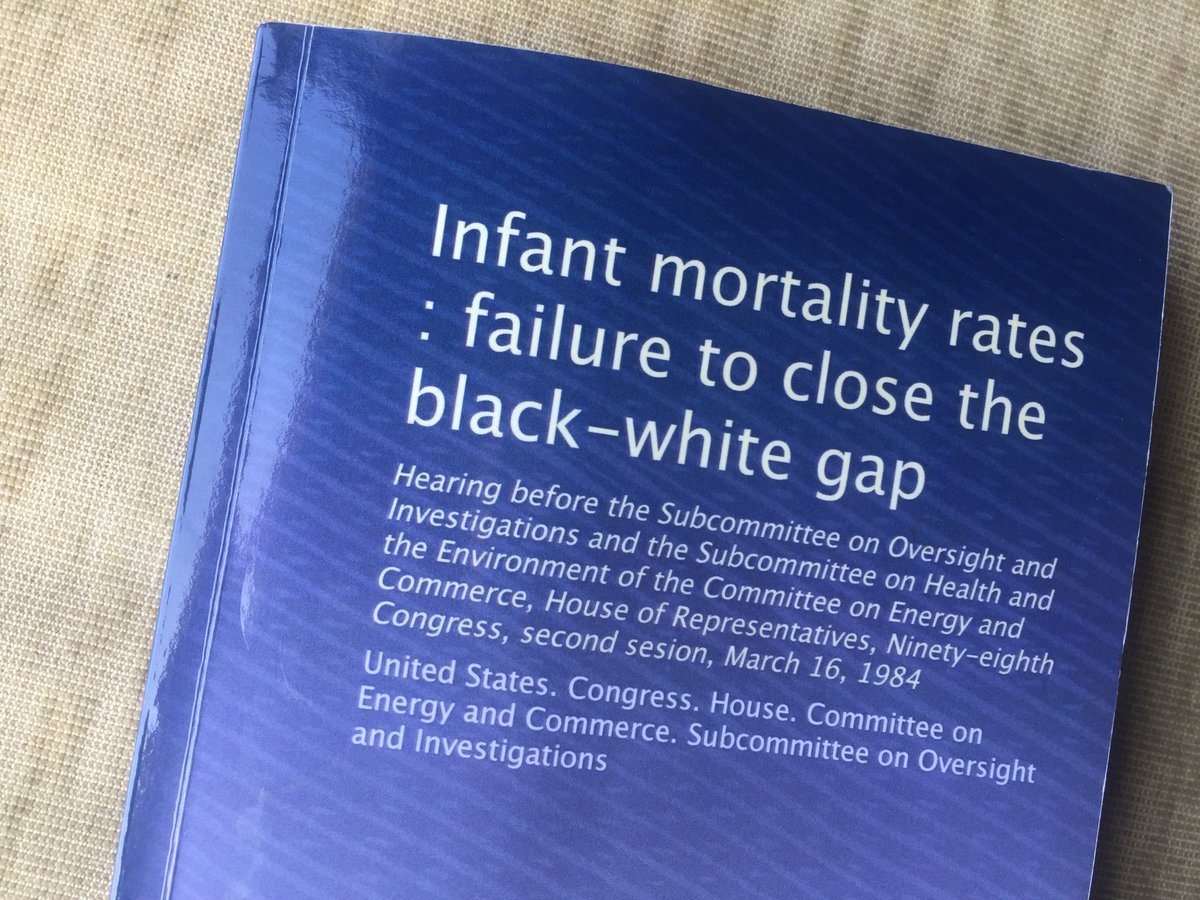Some tools I am using to do this +
2. I suggest white folks read @DebbyIrving Waking Up White. It was a revelation to me.
3. If they’re ready, I suggest they read DiAngelo’s White Fragility. +
OK end of sharing. I’m off to work.
Keep up the good work, everyone.




